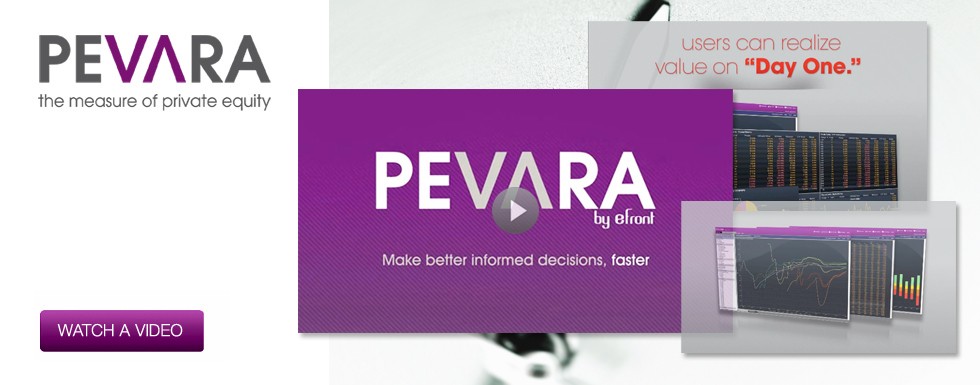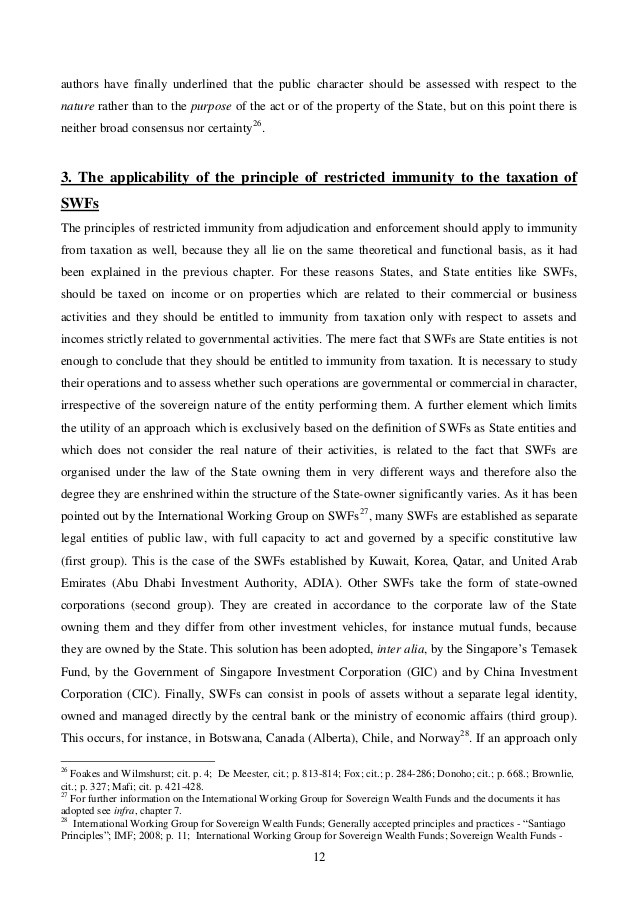Sovereign wealth funds—a measured assessment
Post on: 11 Апрель, 2015 No Comment

- Edward F. Greene and Brian A. Yeager *
- * Edward F. Greene is General Counsel, and Brian A Yeager is a Counsel, of Citi Institutional Clients Group. The views expressed in this article are those of the authors and are not necessarily the views of Citi Institutional Clients Group or Citigroup Inc. The authors wish to acknowledge the assistance of Omer S Oztan, Counsel, Citi Institutional Clients Group and to thank Prof. Howell Jackson for his helpful suggestions.
- edward.f.greene

Key points
As the level of foreign exchange reserves within developing countries has increased, state-controlled investing entities of these countries have shifted their investments away from lower risk and lower yielding assets such as US Treasury obligations and towards a wider class of higher risk, higher yield assets, including equity, fixed income, real estate and alternative investments (eg hedge funds and private equity).
These types of investments have raised concerns among policymakers in investee countries that such investments may be motivated by non-economic reasons (such as the desire to obtain control over critical infrastructure within an investee country), and therefore raise market integrity and national security issues.
In this article, the authors argue that any discussion of foreign investment by sovereign wealth funds (SWFs) must recognize the differences in investing objectives among different types of state-controlled investing entities, and that policy responses should focus on those foreign investments that raise market integrity and national security concerns.
Policy responses which over-react to the issues raised by SWF investment risk creating unintended consequences, such as the impediment of cross-border investment, to the detriment of the world economy.
Any proposals to address concerns raised by SWF investment should take into account existing regulation, as well as current and proposed voluntary measures, which largely address these concerns.
1. Introduction
Sovereign wealth funds (SWFs) have received extensive publicity in recent months. The prospect of significant investments by SWFs potentially giving foreign countries control over important parts of an investee country’s economy has emerged as a political issue, stimulating protectionist sentiment. For example, during the Democratic Presidential primary debates in the USA, concern was expressed about SWFs, and there was a call for more control over their activities. 1 In the EU as well, political figures such as Nicolas Sarkozy in France 2 and Angela Merkel in Germany …














